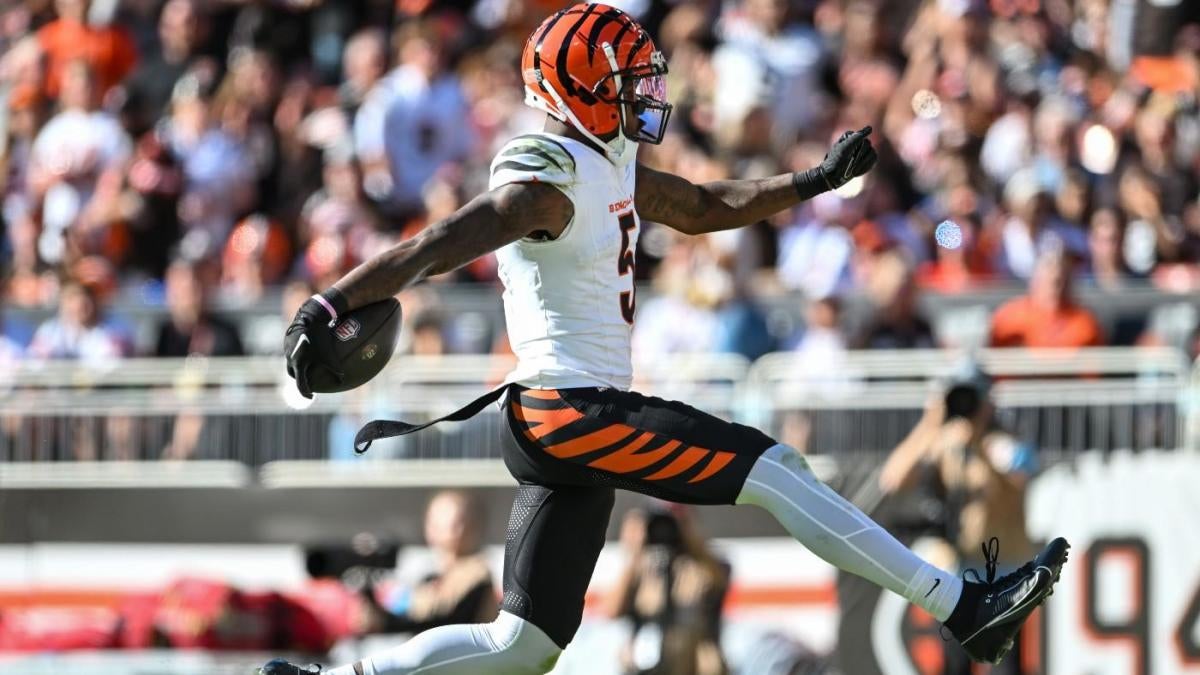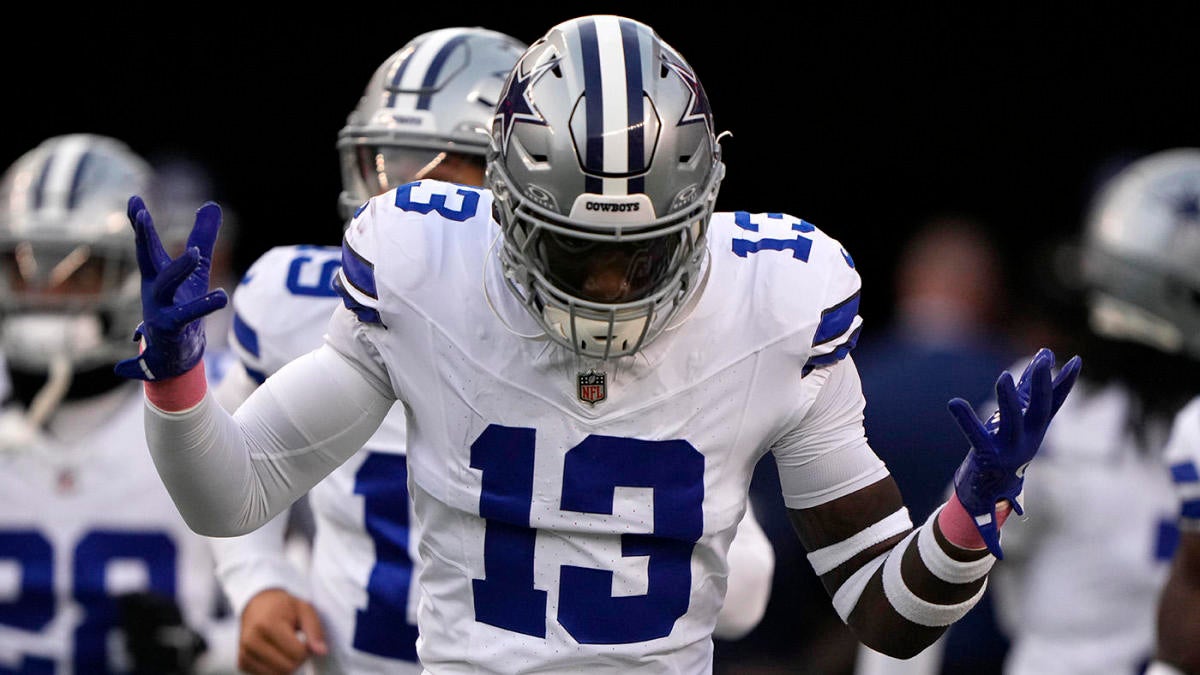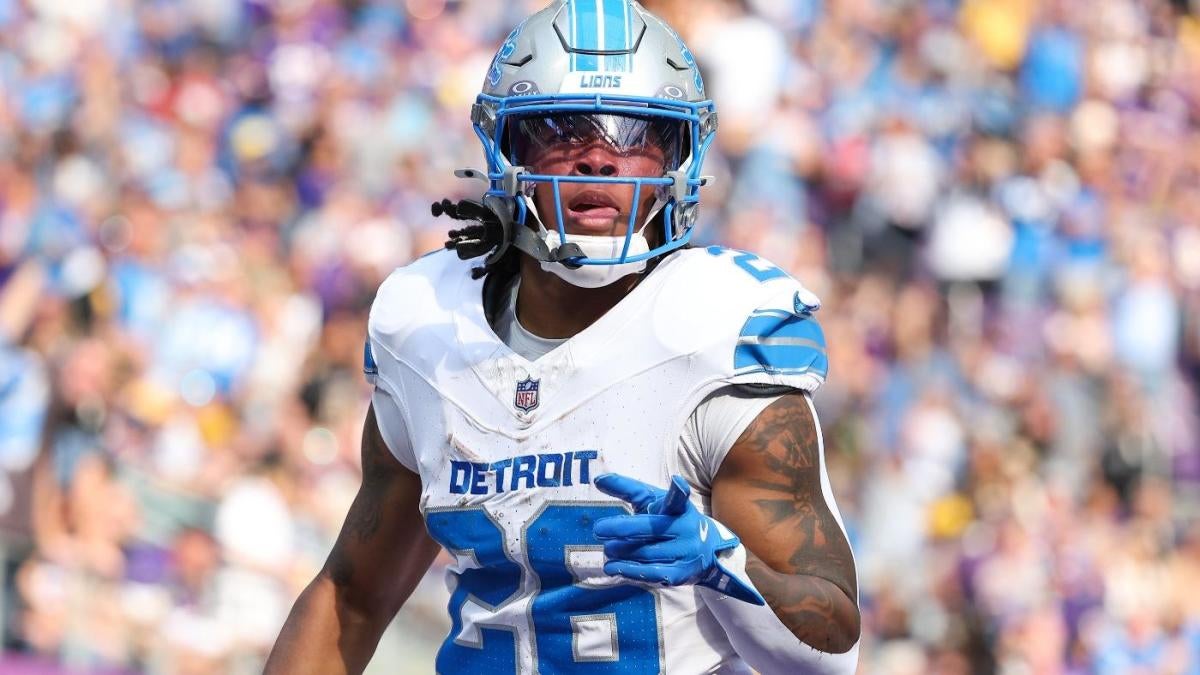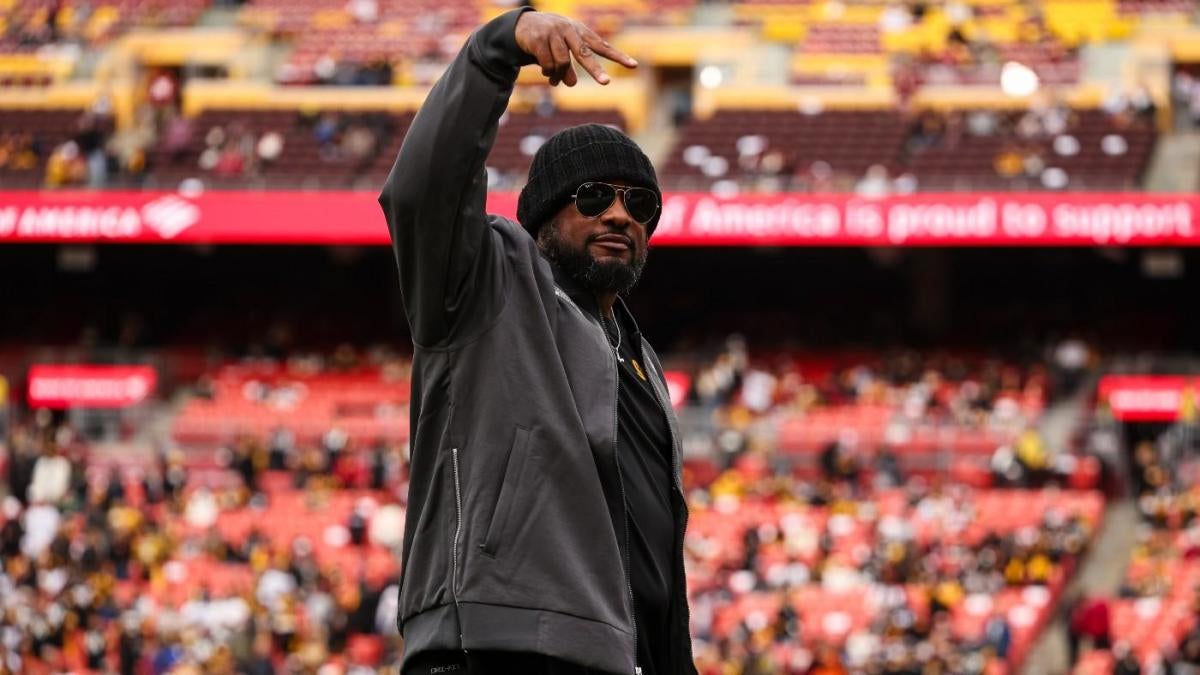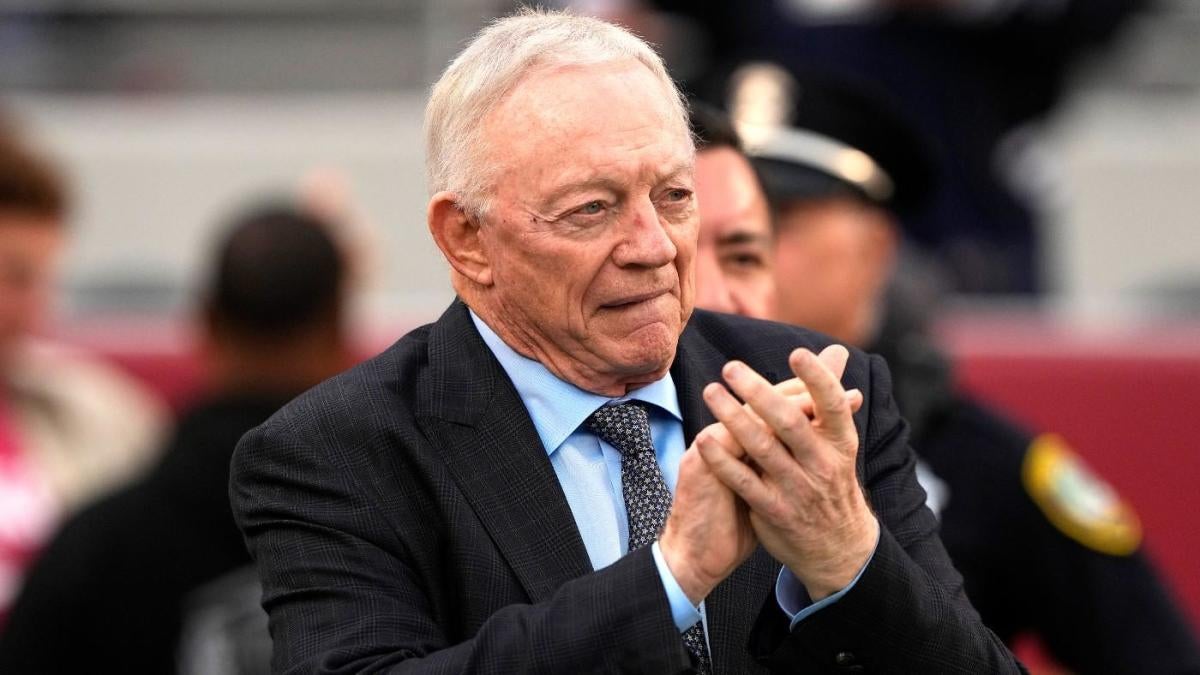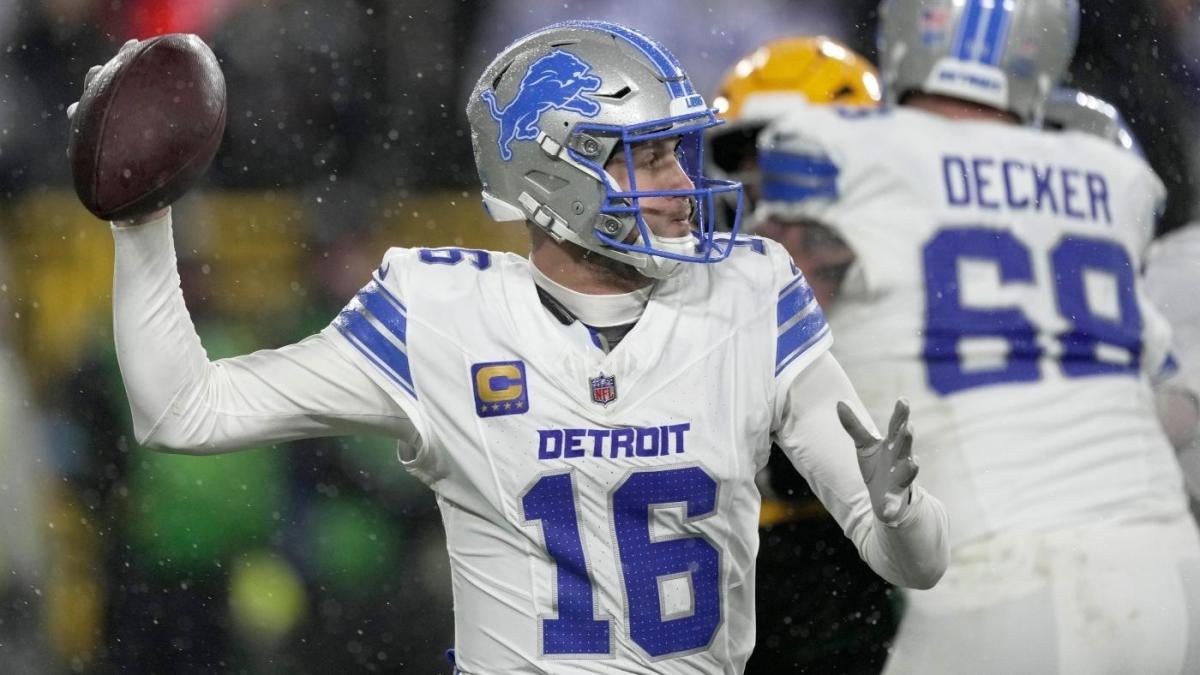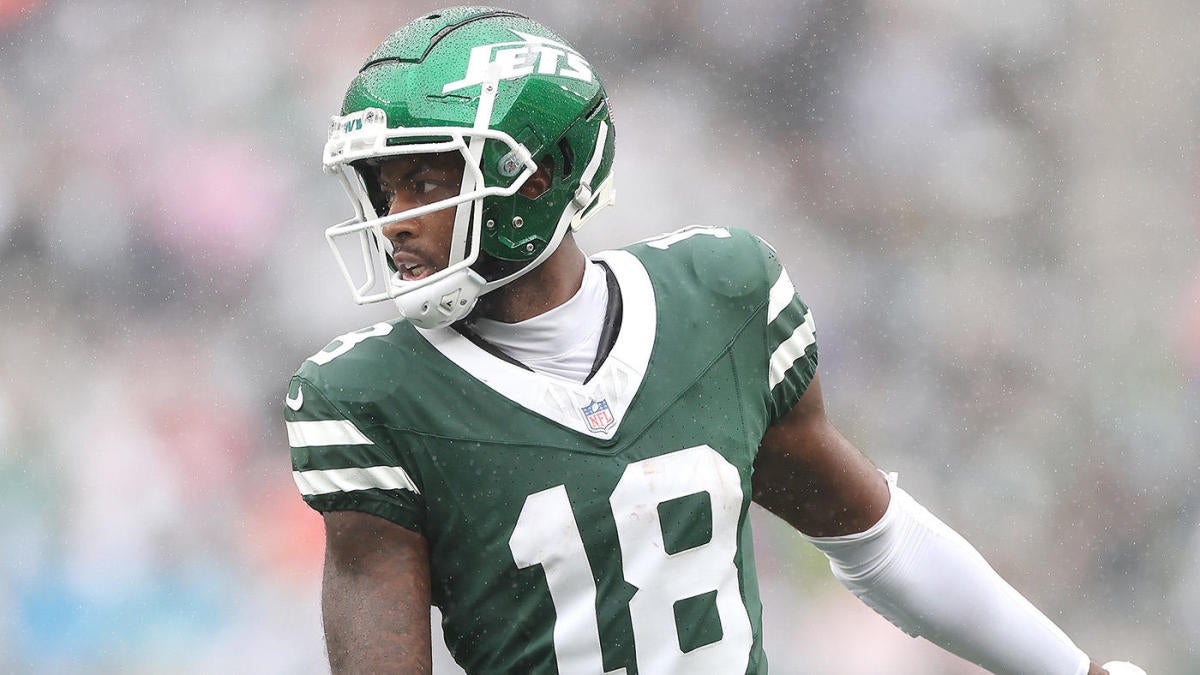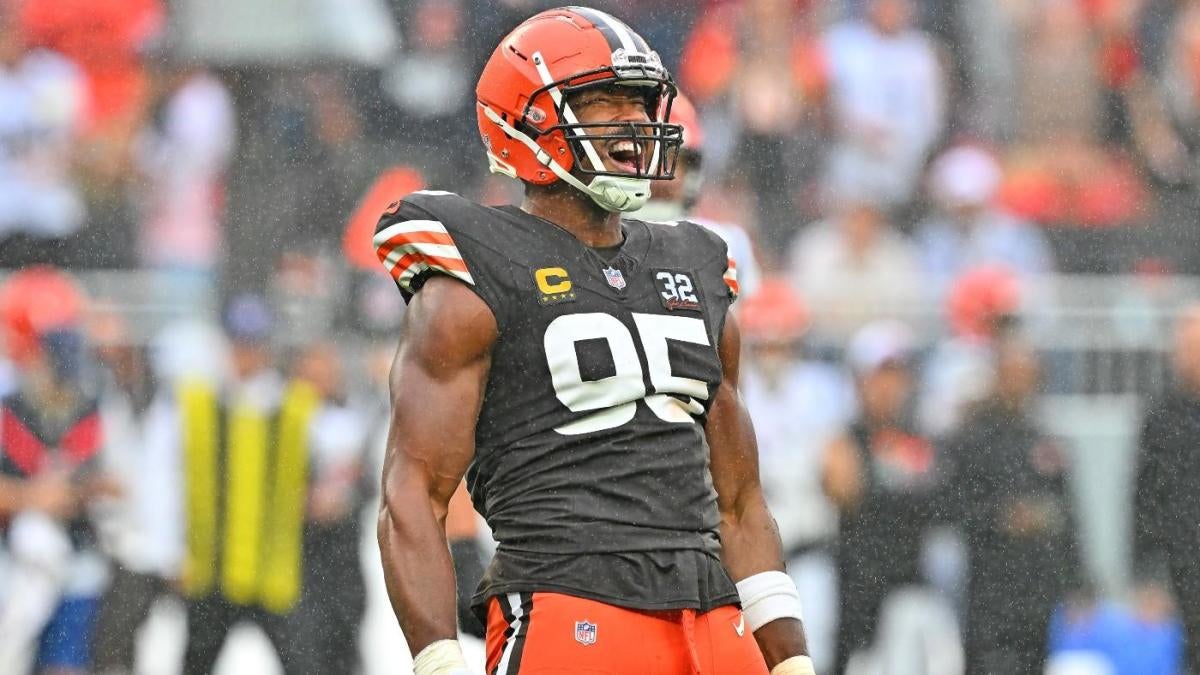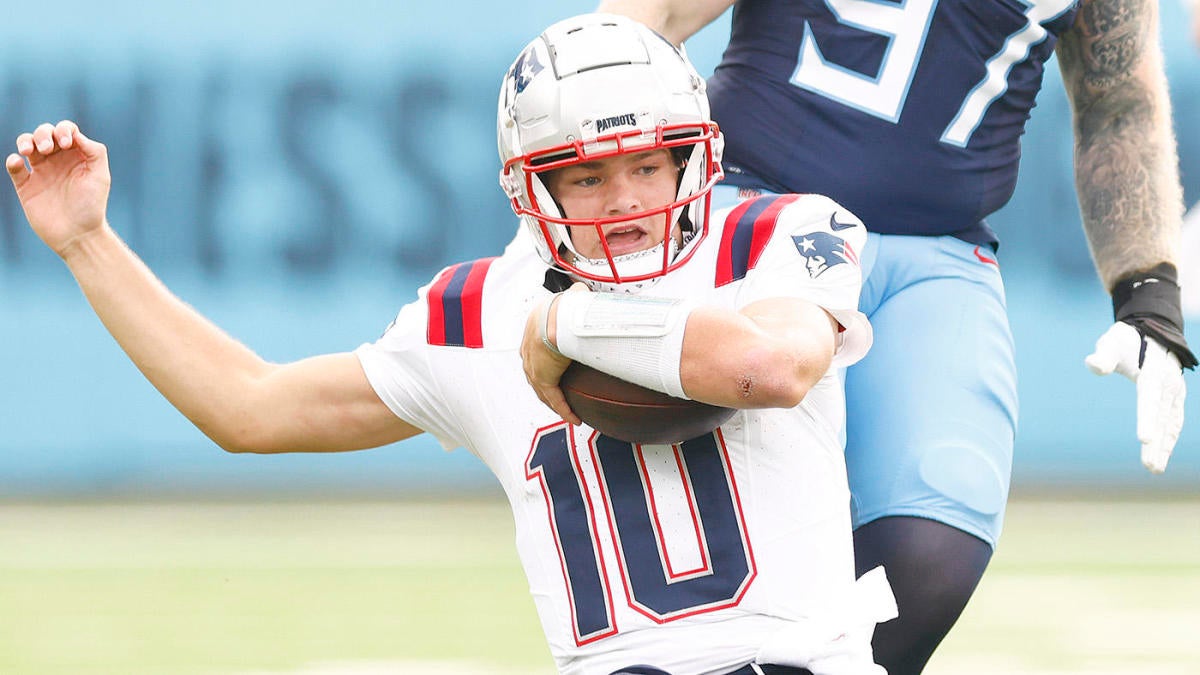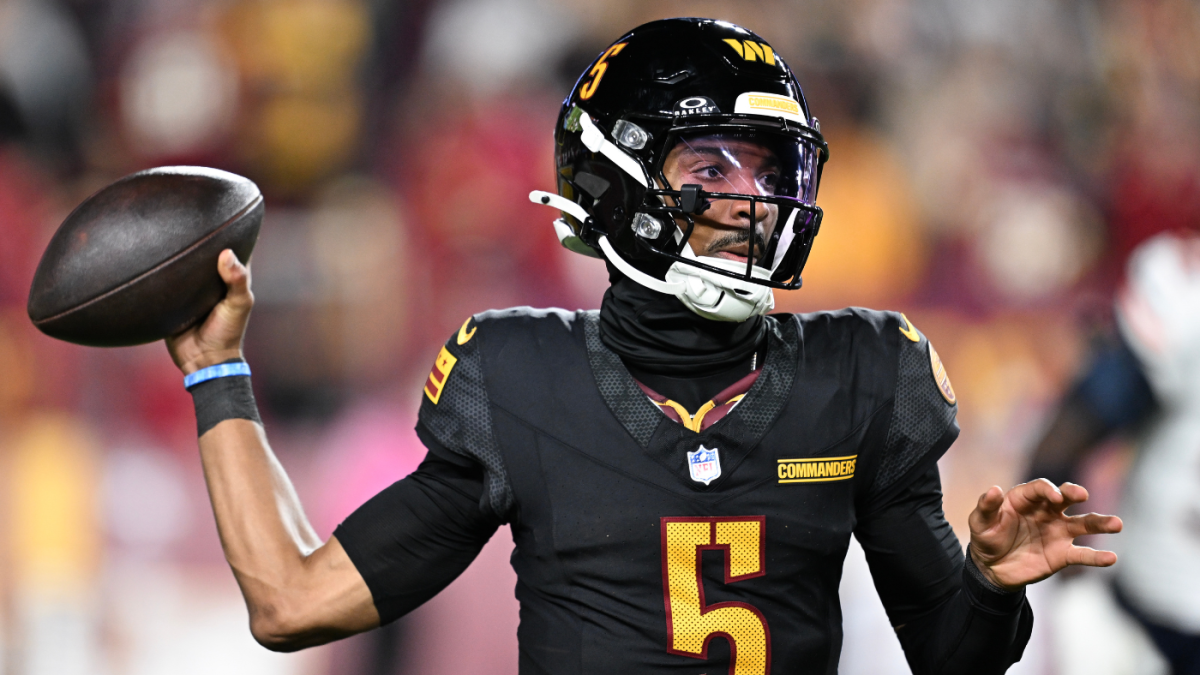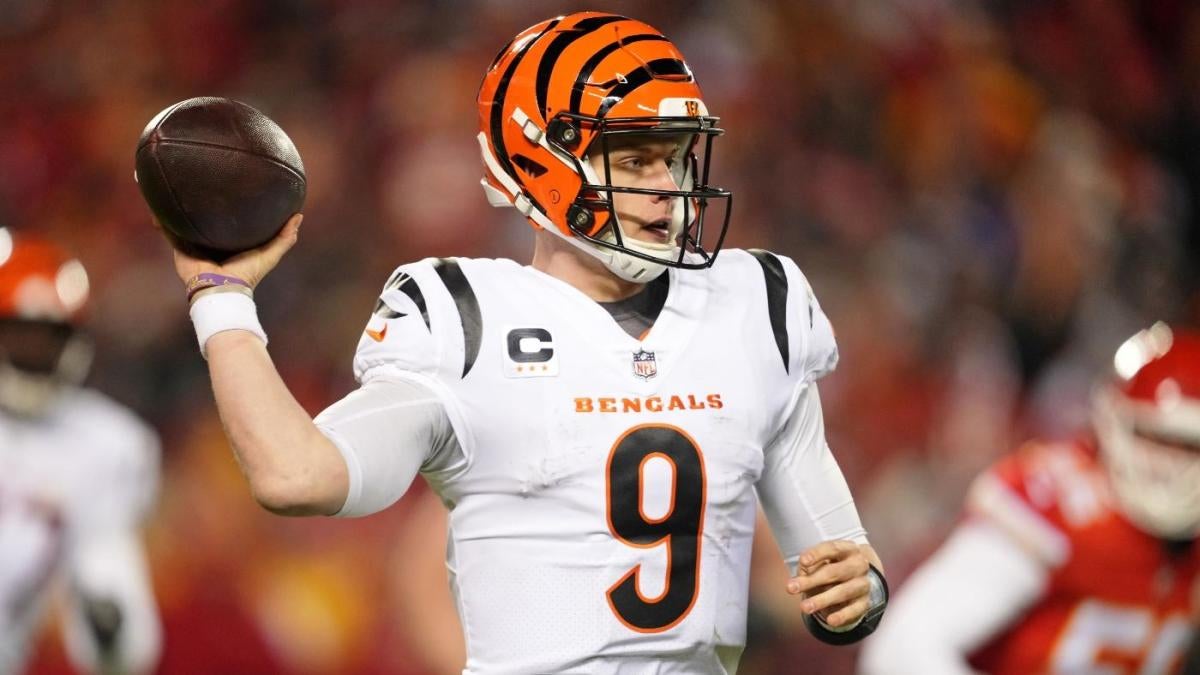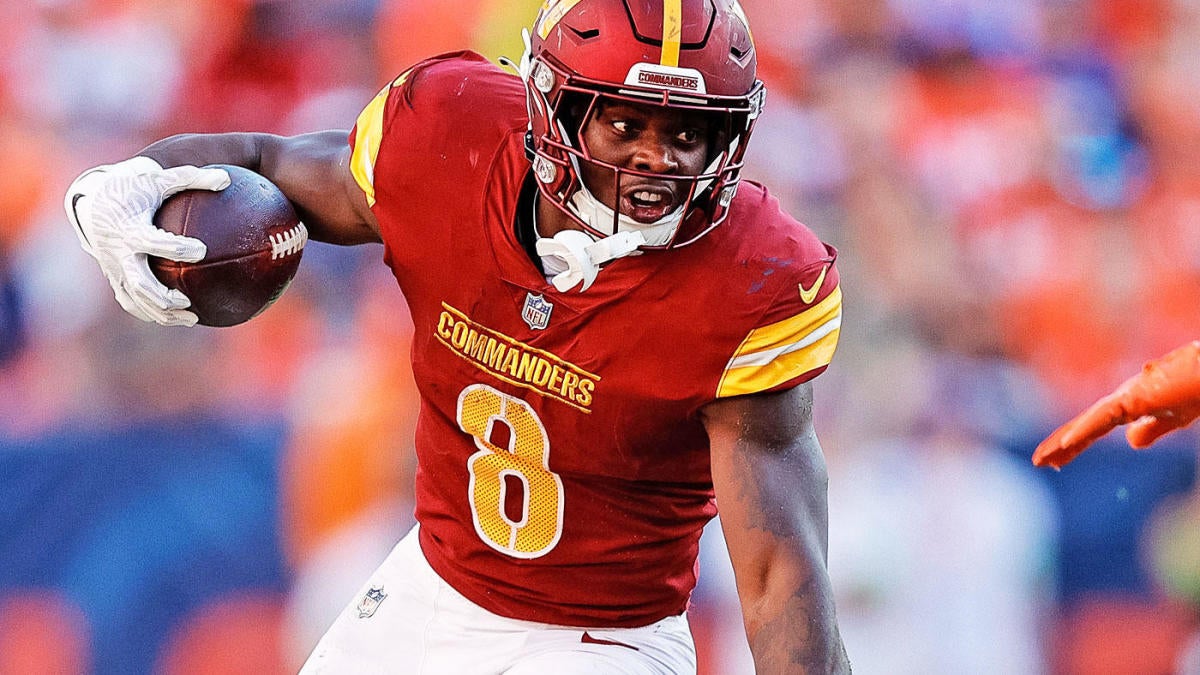This year has been a challenging one for veteran running backs. There were eight who had contracts averaging $12 million per year or more at the end of the 2022 season. This number was cut in half this year thanks to releases and pay cuts.
The high-priced running back market finally received some unexpected good news on Saturday. After a preseason filled with acrimony in which a trade was requested, the Colts made Jonathan Taylor the league’s fifth running back with a deal averaging at least $12 million per year.
Following a four-game absence because of being on the Physically Unable to Perform list, Taylor surprisingly received a three-year, $42 million contract extension. Taylor’s deal has $26.5 million in guarantees, of which $19,347,556 is fully guaranteed. The 2021 NFL rushing leader was making $4.304 million this year with his four-year rookie contract set to expire after the season prior to the new deal.
Taylor is the first running back to get a big payday since Nick Chubb in 2021 when he was going into the final year of his rookie contract. The Browns gave Chubb a three-year, $36.6 million extension, averaging $12.2 million per year. The deal had $20 million in overall guarantees where $17,133,059 was fully guaranteed.
Chubb’s contract apparently was an important data point for Taylor and the Colts. At $14 million per year, Taylor essentially got the Chubb deal with some sort of adjustment for salary cap inflation.
Technically, Taylor is the league’s third-highest-paid running back by average yearly salary behind Christian McCaffrey ($16,015,853 per year) and Alvin Kamara ($15 million per year). The Kamara contract is a little misleading, though, because he has no chance of seeing the $25 million in his 2025 contract year. The deal averages $12.5 million per year through 2024, the first four new years.
Taylor believes his contract is a reversal of the economic downturn with running backs. “I definitely think it is [a shift],” Taylor said after his season debut in a 23-16 win over the Titans. “Anytime a running back can go out there and perform but also have some security, it just shows that running backs are essential.” Taylor may be overestimating the effect his deal will have on the high-end running back market.
The three running backs designated as franchise players this year playing on one-year contracts (Saquon Barkley, Josh Jacobs and Tony Pollard) surely took note of Taylor’s deal. Barkley has been out since suffering a right ankle injury during a Week 2 contest against the Cardinals. The injury renews the concerns about Barkley’s durability that have plagued him during his six-year NFL career.
The Giants‘ running game is foundering without him. None of the other running backs have had more than 30 rushing yards in a game during his absence. The Giants continuing to look more like a contender for the first overall pick in the 2024 NFL Draft than the team that made the playoffs last season could influence a decision to make a substantial long-term investment in the running back.
Jacobs is off to a slow start after missing most of the preseason in a contract dispute. He didn’t sign a one-year deal for $11.791 million, which is $1.7 million above his $10.091 franchise tag, until the latter part of August. The 2022 first team All-Pro is the first franchise player in NFL history to get a one-year deal with a base value more than his tender.
Jacobs admitted earlier this season he was knocking the rust off after his extended preseason absence. He has rushed for 235 yards while averaging a career-low 2.9 yards per carry through five games this season.
Jacobs is starting to show signs of rounding into form He had a season-high 69 rushing yards (on 20 carries) in Monday night’s 17-13 win over the Packers. Jacobs had a career-high 81 receiving yards in Week 4’s loss to the Chargers. He’ll likely have to start resembling the player from a remarkable 2022 season in which he led the NFL in both rushing and yards from scrimmage (combined rushing and receiving yards) with 1,653 and 2,053 yards, respectively, to be in a position to reap the benefit from Taylor’s deal.
Pollard is getting an opportunity to demonstrate he can be a workhorse running back after forming arguably the league’s best running back tandem last season with Ezekiel Elliott, who was released in the offseason. He is on track for career highs of 275 carries and 1,156 rushing yards. Pollard’s 4.2 yards per carry would be the lowest in his five NFL seasons.
The Cowboys designating Pollard as a franchise player again in 2024 could be a viable option with cornerback Trevon Diggs signing a five-year extension, averaging $19.4 million per year, in late July. A second franchise tag at an NFL Collective Bargaining Agreement mandated 20% raise of Pollard’s current $10.091 million 2023 salary will be $12,109,200. Signing wide receiver CeeDee Lamb and pass-rushing linebacker Micah Parsons to contract extensions next offseason will likely be top priorities.
De’Andre Swift, who was acquired from the Lions during the 2023 Draft for a 2025 fifth-round pick where 2023 seventh-round picks were also swapped, has emerged from a preseason competition as the Eagles‘ top running back. The 2020 second-round pick is currently fourth in the NFL with 434 rushing yards while averaging a career-best 5.7 yards per carry.
Unfortunately for Swift, he plays for a team hasn’t prioritized making significant investments in ball-carriers. The Eagles had no qualms about letting Miles Sanders leave in free agency after a 2022 season where he had career highs of 1,269 rushing yards and 11 rushing touchdowns, which were fifth and eight in the NFL, respectively. The four-year, $25.64 million contract Sanders signed with the Panthers, averaging $6.35 million per year where $13 million was fully guaranteed, was the most lucrative running back contract in free agency this year. It’s hard to imagine Swift joining Taylor in the exclusive $12 million per year or more running back club even if he remains on track for close to 1,500 rushing yards.
One older running back in particular is likely going to face the harsh realities of the running back market next offseason after his contract expires. Derrick Henry has been the NFL’s most productive ball-carrier since signing a four-year, $50 million deal (worth a maximum of $51 million through incentives) with the Titans in 2020 after being designated as a franchise player. His 4,830 rushing yards since the start of the 2020 season are 801 more than the next best mark by Chubb during this span.
It’s going to be too cost prohibitive for the Titans to place a franchise tag on Henry next year regardless of his performance this season because he would be getting a 120% increase over his prior year’s salary (essentially salary cap number with some minor adjustments). Henry has 2023’s largest running back cap number at $16,370,007. With the way the 120% salary-increase provisions work for the designation, Henry’s 2024 franchise tag would be slightly under $19.5 million.
Age and workload are going to be held against Henry. Barring injury, Henry will have over 2,000 career carries once the season ends. As a 30-year-old free agent in 2024, Henry will be hard-pressed to get a deal comparable to his current $12.5 million-per-year contract because of the anticipated diminishing returns given his high mileage.
Henry currently ranks 11th with 328 rushing yards with a career-low 3.8 yards per carry. If Henry stays outside of the top 10 in rushing while remaining relatively healthy, it will be considered as evidence of his decline, which will have a negative impact on him financially.
It’s conceivable that the next running back to truly capitalize on Taylor’s deal is still on his rookie contract. Breece Hall was a leading candidate to win the NFL Offensive Rookie of the Year award before tearing the ACL in his left knee during a Week 7 contest last season. He isn’t showing any ill effects of his knee injury. Hall is sixth in the NFL with 387 rushing yards while averaging 7.2 yards per carry. His contract can’t be extended until after the 2024 regular season ends in January 2025.
The Falcons‘ Bijan Robinson, the eighth overall pick in the 2023 NFL Draft, is living up to his draft position. He is demonstrating his dual-threat capabilities. Robinson’s 21 receptions are tied for the NFL’s second-most among running backs. He is tied for eighth in the league with 364 rushing yards. Robinson won’t be eligible for his next deal until January 2026.
Go to Source
Author: Joel Corry
October 12, 2023 | 11:45 pm

